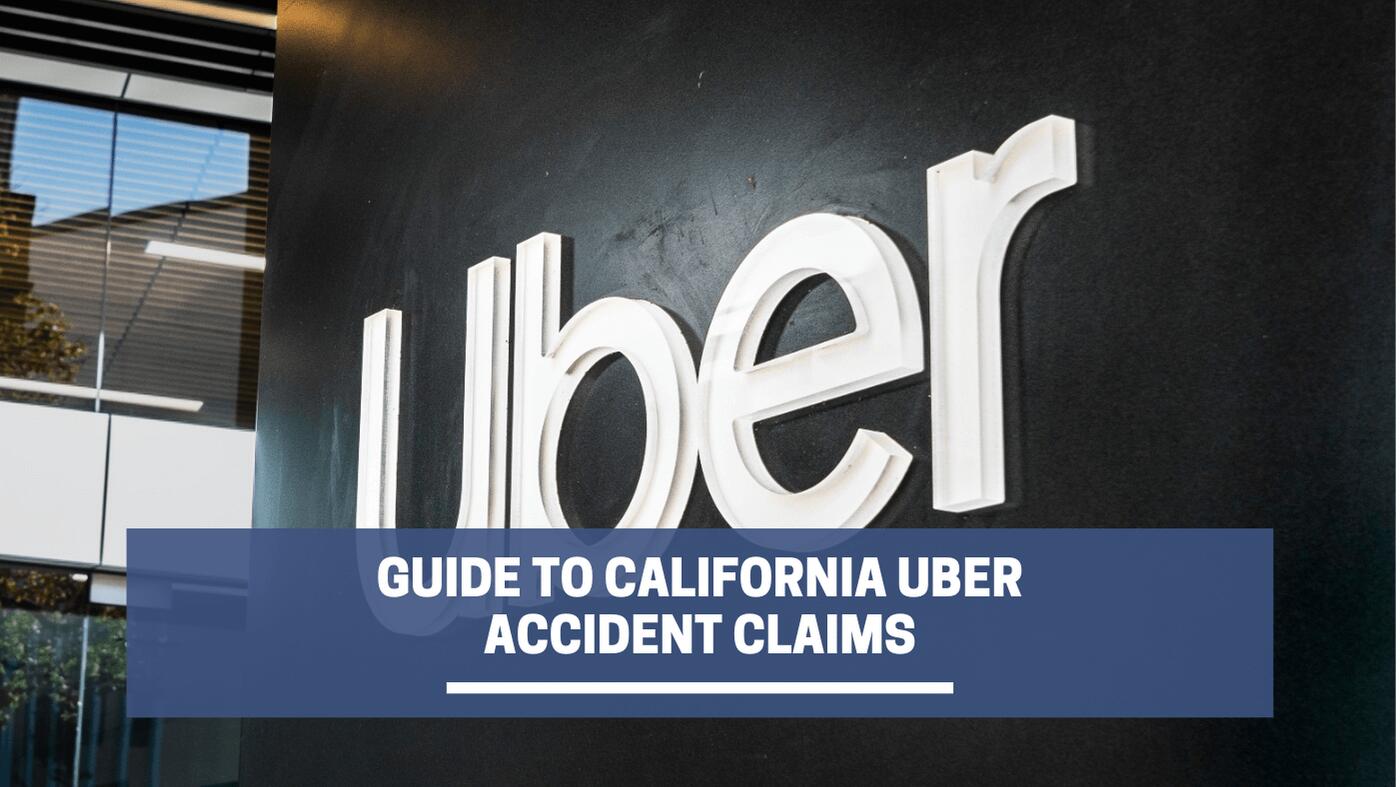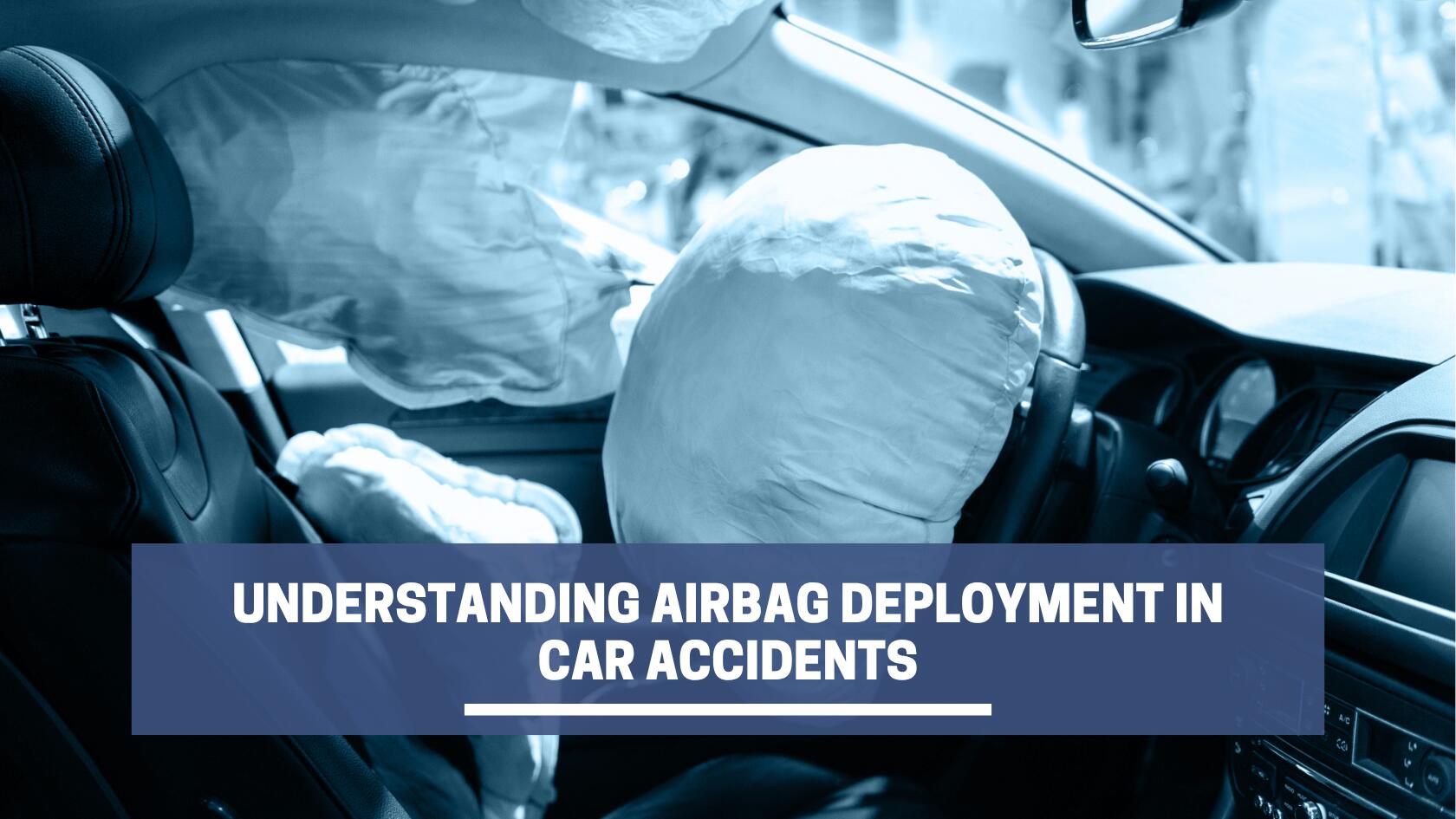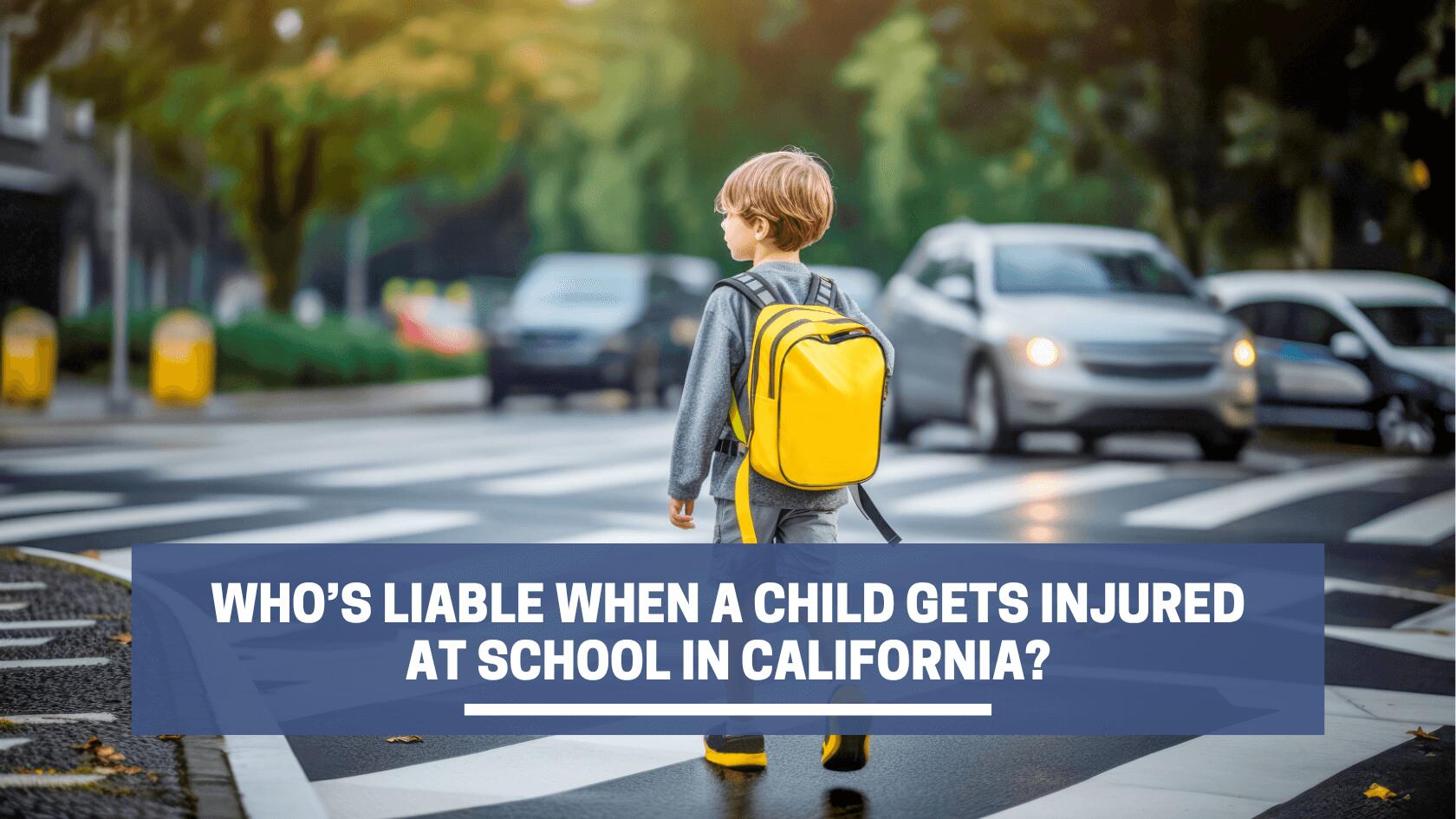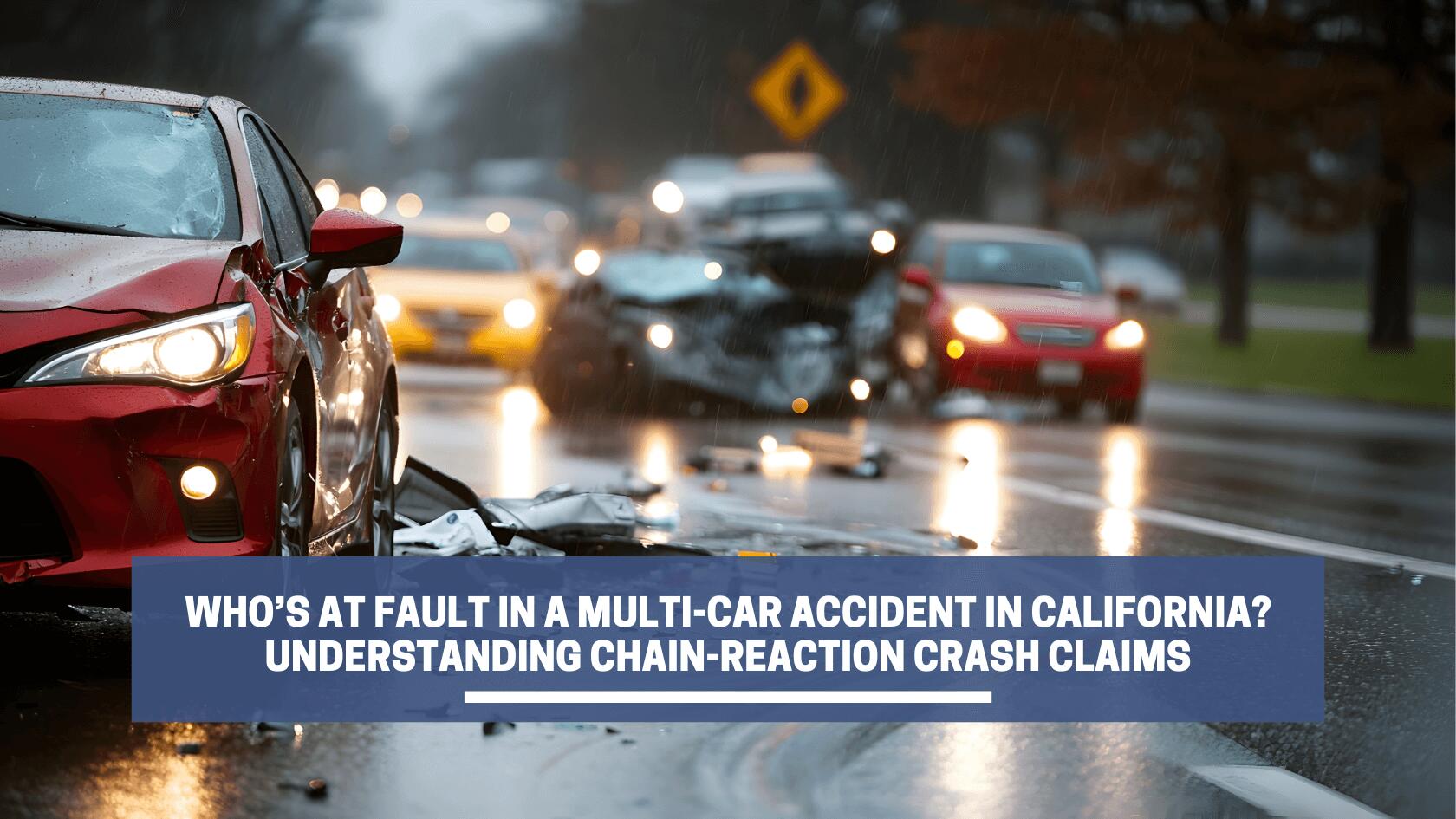California is a major hub for the ridesharing industry in the United States, with Uber and Lyft having headquarters in the state. Californian riders make up many of their customers, with heavy rideshare traffic in and around the Los Angeles area.
Like all vehicles, Ubers are vulnerable to accidents, but if you’re injured, seeking compensation can be less straightforward than a standard car crash. You must determine who is liable and follow the reporting process for an Uber car accident per the company’s policies.
Explore liability and insurance issues regarding Uber car accident lawsuits in California and how working with an experienced ridesharing accident attorney can help you get a fair Uber car accident settlement payout for your damages.
Common Causes of Uber Accidents
Uber car accidents can happen for various reasons, but most often involve some type of driver negligence. Common causes of an Uber driver car accident include:
- Distracted driving. Many activities can distract a ridesharing driver, such as talking on the phone, using the ridesharing app, speaking with passengers, or adjusting the infotainment system. Distracted driving is one of the leading causes of traffic fatalities in the United States.
- Driver fatigue. While most Uber drivers work part-time, about 17 hours per week, they often do so on nights and weekends after working another job. The potential for long hours increases the risk of an accident due to fatigue and exhaustion.
- Speeding. Some Uber drivers may feel pressured to break speed limits to bring their customers to their destination or accept more rides, increasing the risk of a traffic accident.
- Inexperienced drivers. Although Uber requires new drivers to show a clean driving record and at least one year of driving experience, the company doesn’t require specific training. An Uber car accident can result from a driver’s inexperience in navigating California’s urban environments.
Who is Liable for an Uber Crash?
One of the primary complexities of Uber accidents is determining which parties are liable. In an Uber crash, one or multiple parties may be responsible for your injuries, including:
- Uber drivers. In Uber accidents, the driver is one of the most likely parties to be at fault. They may be liable for your damages if their actions caused or primarily contributed to the accident and your injuries.
- Another driver. When a third-party driver’s actions cause a crash, they may be responsible for your injuries and damages.
- Government entities. Environmental factors like inadequate signage or poor road conditions can cause Uber traffic accidents. You may be able to hold local government entities responsible for road maintenance liable for your Uber accident injuries.
- Vehicle manufacturers. If a manufacturing issue, such as defective tires or Automatic Braking System (ABS), caused the crash, you may be able to seek compensation from the manufacturer.
- Uber, the company. Uber drivers are considered independent contractors, unlike a taxi company’s employee drivers. This makes suing Uber for a car accident more challenging, as you must determine the driver’s status and potential negligence to hold the company at fault.
How Much Can I Sue for After an Uber Collision?
Uber’s insurance requirements may offer up to $1 million in liability coverage in case of accidents. However, this figure is subject to strict rules and conditions. The maximum amount of your Uber car accident settlement depends on several considerations, including the circumstances before and during the accident.
Uber’s $1 million liability coverage only applies if both of the following conditions were true at the time of the crash:
- The Uber driver was active on the app
- The Uber driver was en route to pick up a passenger OR a passenger was riding in the vehicle
If the $1 million coverage doesn’t apply, Uber only requires their California drivers to carry the state’s minimum liability insurance requirements per Statute 11580.1:
| Minimum Coverage Amount | Covered Damage Types |
| $30,000 | Bodily injury or death to two or more persons in a single accident |
| $15,000 | Bodily injury or death to a single person in a single accident |
| $5,000 | Injury or property damage caused to others in a single accident |
If the Uber driver’s insurance policy does not apply to your accident, the company offers a backup policy with higher minimums than California law requires:
| Minimum Coverage Amount | Covered Damage Types |
| $100,000 | Bodily injuries, per accident |
| $50,000 | Bodily injuries, per person in an accident |
| $25,000 | Property damage, per accident |
Does Uber’s Liability Policy Pay for My Damages?
Uber’s insurance portal states that the ridesharing company’s liability policy is multi-tiered and may only pay for your damages in certain circumstances. Per the coverages outlined, here are two examples to illustrate whether Uber would cover your losses:
- Example 1: You were a passenger riding in an Uber vehicle in Los Angeles. The driver was on their phone, resulting in a crash with another car. In this case, the $1 million policy coverage goes into effect. You may be able to recover compensation from the company for medical expenses, pain, suffering, and other expenses up to this threshold.
- Example 2: You were jogging in Sacramento when an Uber driver’s vehicle hit you. That Uber driver was active on the app but not carrying a passenger or en route to pick one up. In this case, only the driver’s personal insurance policy applies. You can work with an attorney to recover damages up to the driver’s personal policy limits. If they only have minimum coverages, you could receive up to $15,000, but it could be higher depending on their specific policy.
How Does California’s Pure Comparative Negligence Factor into My Claim?
California uses pure comparative negligence when determining fault in personal injury cases, including Uber accidents. The compensation you may be entitled to in Uber car accident settlements is reduced proportionally to your degree of fault.
For example, you were driving a vehicle when an Uber ran into you at an intersection in Glendale. While the Uber driver was speeding, you were distracted and didn’t initiate a left-hand turn until the light turned red. A court finds that the Uber driver is 80% responsible for the crash, so you are 20% liable. If you win $25,000 in damages, your award would be reduced to $20,000 based on your percentage of fault.
How to File a Claim After an Uber Accident
Taking the right steps is critical after an Uber vehicle accident. Follow these steps to file a claim and recover compensation for your damages:
- Consult with an attorney. An experienced Uber accident attorney can review the circumstances of the accident and help you determine the validity of your case. They can help determine which parties are liable, whether Uber can be held responsible, and which insurance providers to file with for damages.
- Report the accident to the police. Contact law enforcement to report the accident and file a police report as required by California Law. Obtain a copy of the report for your case’s documentation.
- Report the accident to Uber. If one of the drivers involved in the accident was an Uber driver, submit information regarding the accident to the company through Uber’s inquiries portal. Follow the directions as provided on their website and submit all required documentation.
- Collect evidence. Your lawyer can help you gather evidence to document the accident and the extent of your injuries. Examples include photos and video footage of the crash, witness statements, records of your medical expenses, lost wages, prescriptions, and rehabilitation.
- File a claim on time. California has a statute of limitations on car accidents, including Uber vehicles. If you were injured, you typically have two years from the date of the incident to file a claim against the responsible parties.
Protect Your Rights After an Uber Accident
Knowing your rights after an Uber accident can help ensure you take the right steps to seek compensation. A skilled attorney in Glendale, California, can help you determine who is liable for your damages and submit a well-documented claim for damages. Obtaining a settlement for your Uber accident can provide financial support as you focus on recovery from your injuries.











